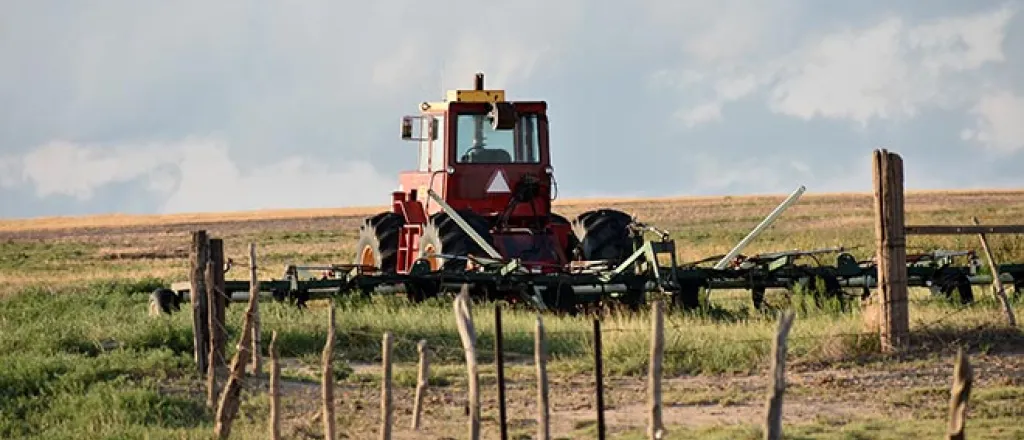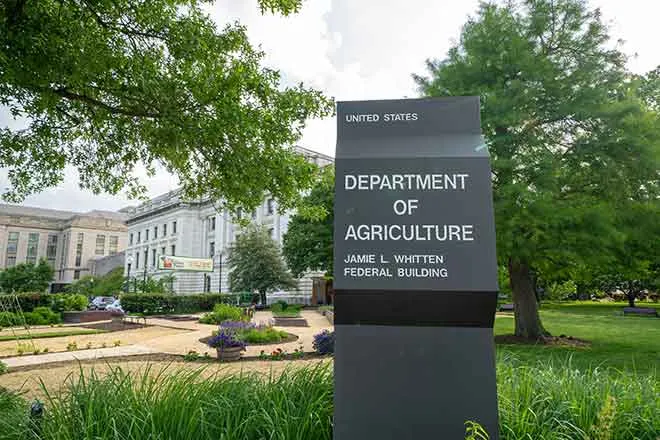
COVID-19: Best practices for sharing farm vehicles
Agriculture is a critical and essential business during the Coronavirus Pandemic. It is important to take proper precautions and prevent the spread of the virus on your farm or ranch to protect you, your family, and your employees. Review these guidelines for limiting the spread of Coronavirus through trucks, tractors, ATVs, and other farm vehicles.
IS IT SAFE TO SHARE FARM VEHICLES?
To limit the spread of the Coronavirus, the Centers for Disease Control and Prevention (CDC) recommends that everyone should avoid close contact as much as possible. Therefore,
•It is not recommended to share farm vehicles at this time.
•It is also not recommended to ride in farm vehicles with those outside of your immediate family. Your immediate family consists of the people with whom you share housing.
•To the degree possible, assign one person to one vehicle on your farm/ranch.
IF I HAVE TO SHARE, WHAT CAN I DO TO PROTECT MYSELF?
•Disinfect the inside surfaces of the vehicle after every use. This includes the steering wheel, dashboard, door handles, arm rests, and other commonly touched hard surfaces. Place a disinfectant product (wipe, spray, etc.) in each vehicle for easy access. Follow the CDC’s and product manufacturer’s recommendations for use and personal protective equipment.
•Park vehicles in the sun. Based on current science, UV light is thought to be effective at killing Coronavirus. Direct rays from the sun may help decontaminate the surfaces of the vehicle, though this is not a substitute for disinfecting inside surfaces after every use.
•Do not assume a cabin filtration system protects you. The cabin filters on most cars and tractors only removes large dusts. The filter cannot remove Coronavirus from the air.
•Wear a cloth face covering while driving the vehicle. The cloth face covering prevents droplets from your breath, cough, or sneeze from landing on surfaces inside the vehicle. If you have the virus and do not know it, this helps prevent you transmitting it to others who will use the vehicle after you. (Note that wearing a cloth face covering is not an appropriate replacement for wearing the required respiratory protection for applying pesticides or using ag chemicals.)
•Limit sharing as much as possible by assigning and splitting tasks by vehicle usage. For example, one person does the tasks requiring the truck while another does the tasks requiring the tractor.
•Practice good hygiene. Wash your hands regularly and avoid touching your face, and especially after using a shared vehicle.
















